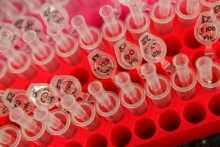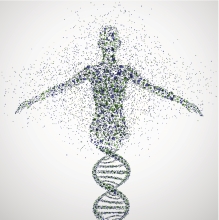Scientists demonstrate flaws in protein detection tools, and outline a solution
A new study points to the need for better antibody validation, and outlines a process that other labs can use to make sure the antibodies they work with function properly.
Antibodies are used in laboratories and clinics to study proteins, which are the biomolecules that translate information from an organism’s genes into the structure, function, and regulation of its tissues and organs. Genetic mutations can cause protein imbalances or malfunctions, leading to human disease.






